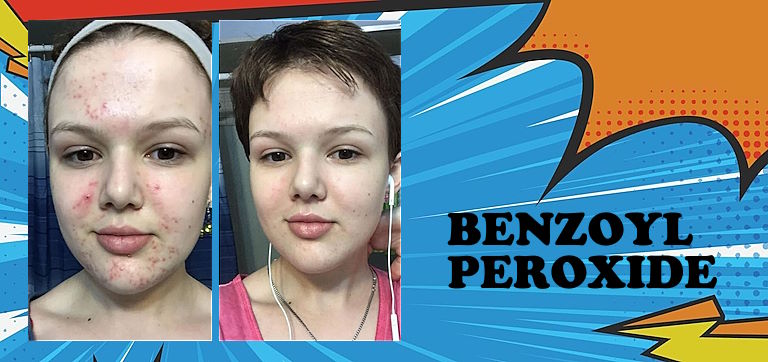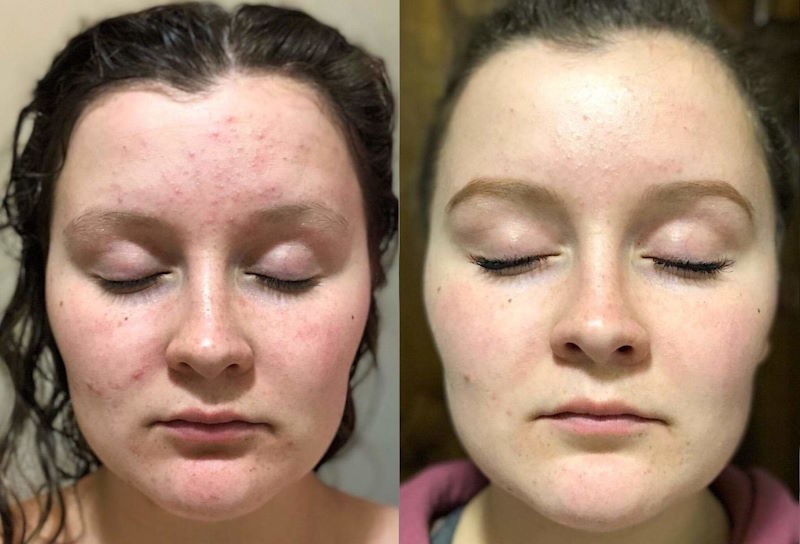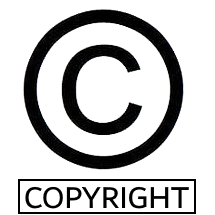Benzoyl Peroxide Benefits for Acne Management
Table of Contents
Benzoyl peroxide is the most widely used for acne treatment. It is accessible over the counter (OTC) in varying strengths and forms, including gels, cleansers, and spot treatments.
Benzyl peroxide benefits for acne are well-known. It works by eliminating bacteria and shedding dead skin cells that block pores, serving as a key component in maintaining clear skin. In this article, we will address common questions related to benzoyl peroxide benefits and uses like does benzoyl peroxide help with blackheads? does benzoyl peroxide fade dark spots? How long does benzoyl peroxide take to absorb? and more!
-
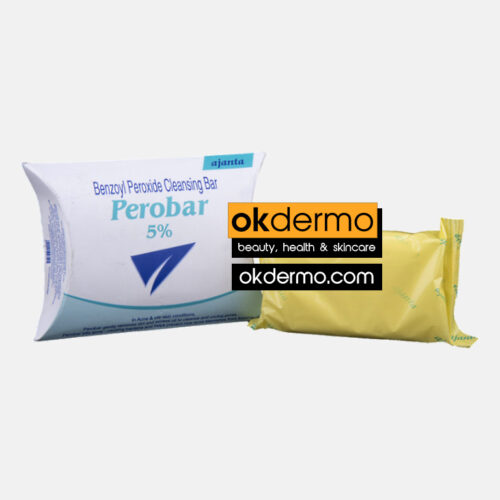
Perobar® Benzoyl Peroxide Acne Cleansing Bar
Benzoyl Peroxide 2.5% / 5%
Size: 3 Pieces of 75g / 2.65oz each
Brand name: Panoxyl
From USD $22.00 Select options -
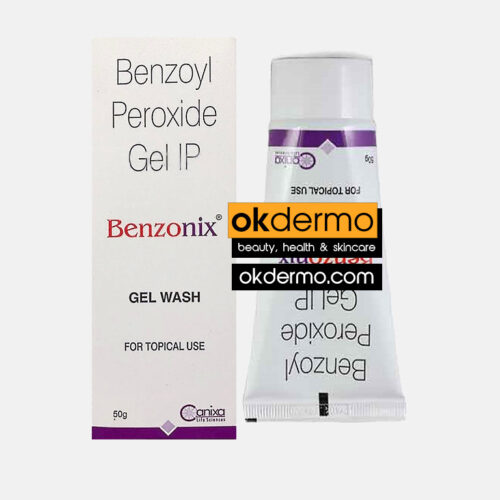
Benzonix® Benzoyl Topical Gel Wash
Benzoyl Peroxide 5%
Size: 50g / 1.76oz
Brand name: Panoxyl
USD $14.00 Add to cart -
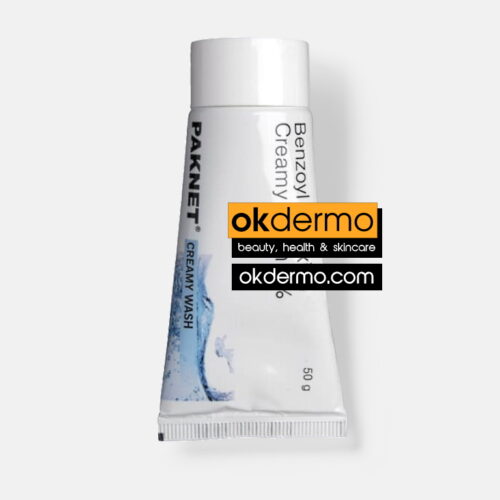
Paknet® Benzoyl Peroxide Face Wash
Benzoyl Peroxide 4% Creamy Wash Lotion
Size: 50g / 1.76oz
USD $16.00 Add to cart -
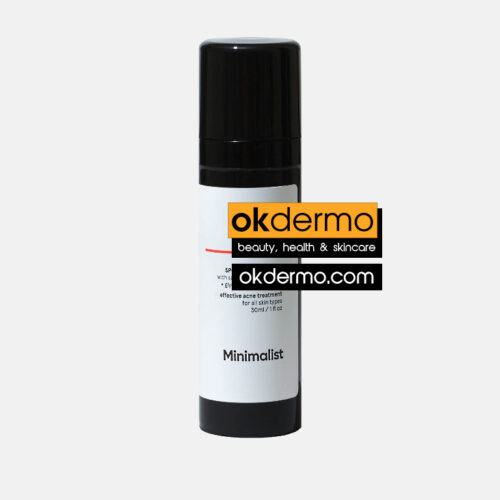
Minimalist® Benzoyl Peroxide Spot Treatment Gel
Micro Benzoyl Peroxide 2.5% + Glycolic Acid + Dipotassium Glycyrrhizate + Allantoin
Size: 30ml / 1fl.oz
USD $23.00 Add to cart
Understanding Acne and Blackheads
Acne is a common skin concern. Causes include excess oil production, hormonal imbalances, dead skin cells clogging hair follicles, bacteria, inflammation and other factors.
Blackheads, specifically, are a milder form of acne that appears mainly on the face but can also show up on the back, chest, neck, arms, and shoulders. They form when a pore is partially blocked, allowing some of the trapped sebum, bacteria, and dead skin cells to slowly drain to the surface. The black color is not due to dirt but is a reaction of the skin’s own pigment, melanin, reacting with oxygen in the air.
Non-prescription medications like benzoyl peroxide benefits for acne and blackheads are widely acknowledged although more persistent cases may require stronger prescription medications.
Benzoyl Peroxide Benefits
Benzoyl peroxide benefits for acne unfold by a number of mechanisms. It possesses sebostatic (oil production reduction), comedolytic (pore unclogging), and antibacterial properties, making it a preferred topical treatment for acne.
- It is effective against Cutibacterium acnes, the bacteria associated with acne, on the skin and within hair follicles. Its antimicrobial action is potent, operating at relatively low concentrations and without the risk of inducing bacterial resistance, a growing concern with the widespread use of antibiotics for acne. This makes benzoyl peroxide an especially valuable treatment option, as it disrupts vital bacterial cell components, acting as a powerful oxidizing agent that kills bacteria.
- It aids in unclogging pores by breaking up keratin, which accumulates and clogs the pores.
- It also promotes the flow of skin oil, facilitating the clearance of cells that might otherwise clog pores further adding to benzyl peroxide benefits.
-
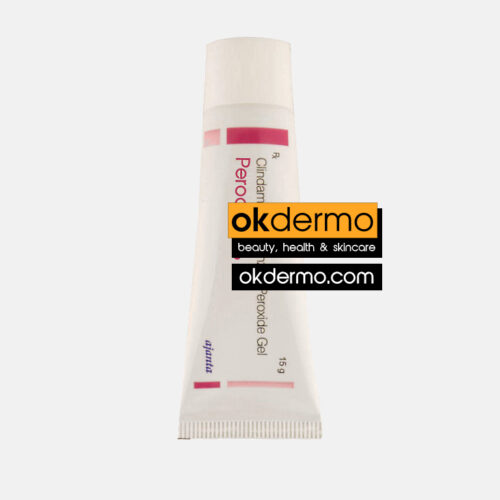
Peroclin® Acne Treatment Once Daily Gel
Clindamycin 1% + Benzoyl Peroxide 2.5% / 5%
Size: 15g / 0.53oz
Brand name: Clindoxyl, Benzaclin, Onexton, Acanya, Duac, Neuac, Z-Clinz
From USD $24.00 Select options -
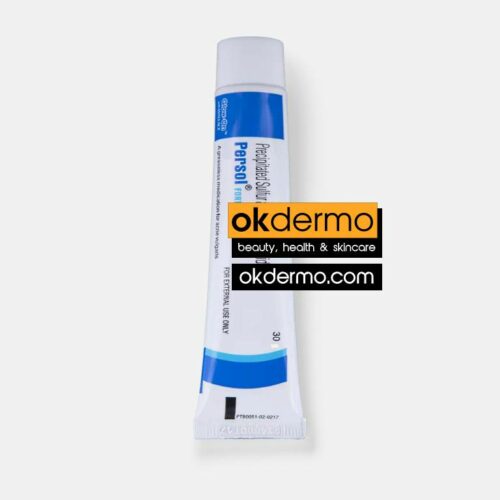
Persol Forte® Benzoyl Peroxide Topical Acne Cream
Benzoyl Peroxide 10% + Sulfur 5%
Size: 30g / 1.05oz
USD $18.00 Add to cart -
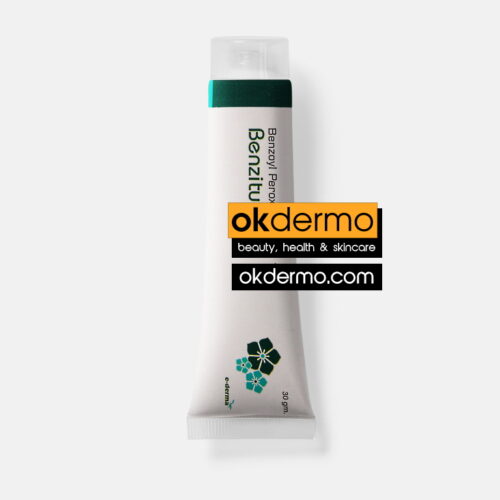
Benziturn-10® Benzoyl Peroxide Gel
Benzoyl Peroxide 10%
Size: 30g / 1.05oz
Brand name: Acetoxyl, PanOxyl, Acne-Clear, Benzac AC
USD $18.00 Add to cart -
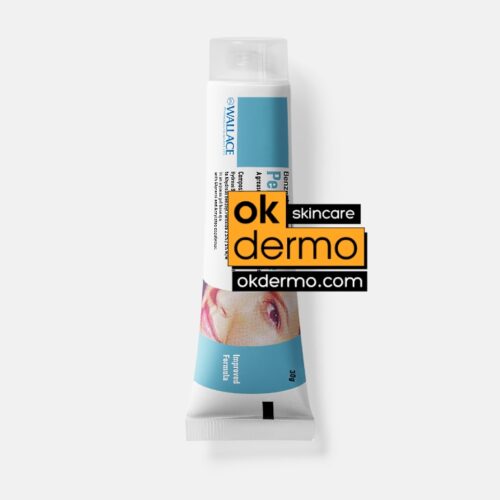
Persol AC® Benzoyl Topical Gel
Benzoyl Peroxide USP 2.5% / 5%
Size: 30g / 1.05oz
Brand name: Oxy, Pacnex, Benoxyl, Loroxide
From USD $15.00 Select options
How Long Does Benzoyl Peroxide Take to Absorb and Work?
When introducing benzoyl peroxide into a skincare routine, it’s important to do so gradually to minimize skin irritation. It is available in various OTC formulations, including washes, foams, creams, and gels, with concentrations ranging from 2.5% to 10%.
- It’s recommended to apply the product once every other day initially, and only after proper skin cleansing.
- For gels, apply a thin layer to the affected areas after washing and drying the face, followed by moisturizer and sunscreen to protect against increased sun sensitivity.
- For washes, leave the product on the skin for 1-2 minutes to ensure absorption before rinsing off.
When it comes to how long does benzoyl peroxide take to absorb and work, the timeline can vary. While immediate skin dryness and peeling may be noticeable due to its potent oxidizing action, the substantial reduction of acne-causing bacteria and the unclogging of pores may take longer to observe. Noticeable improvement typically appears by the third week, with the maximal effect often observed after 2 to 3 months of consistent use.
Does Benzoyl Peroxide Help with Blackheads?
Benzoyl peroxide for blackheads is a potent ingredient that works effectively against acne.
- Benzoyl peroxide for blackheads penetrates pores to clear out dead skin cells, debris, and excess oil that contribute to the formation of blackheads.
- Its antibacterial properties help eradicate acne-causing bacteria like C. acnes.
- Its anti-inflammatory properties also reduce the redness and swelling often associated with acne breakouts.
Benzoyl peroxide for blackheads treatment involves incorporating it into a daily skincare routine. Gentle cleansing, followed by the application of benzoyl peroxide, moisturizer, and SPF to protect against increased sun sensitivity is a recommended regimen. Regular use and consistent skincare practices are key to achieving optimal results with benzoyl peroxide treatments.
-
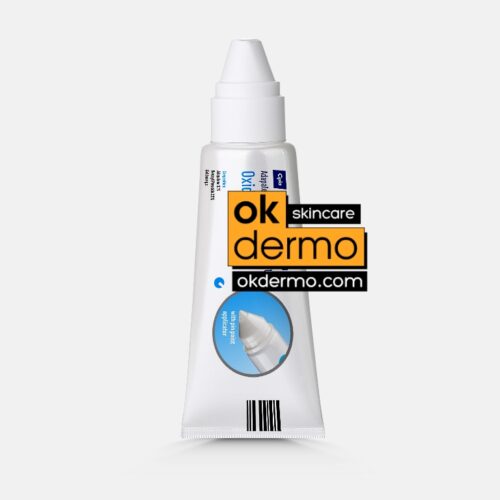
Epiduo® / Oxidoben® Topical Gel
Adapalene 0.1% + Benzoyl Peroxide 2.5%
Size: 15g / 0.53oz
From USD $26.00 Select options -
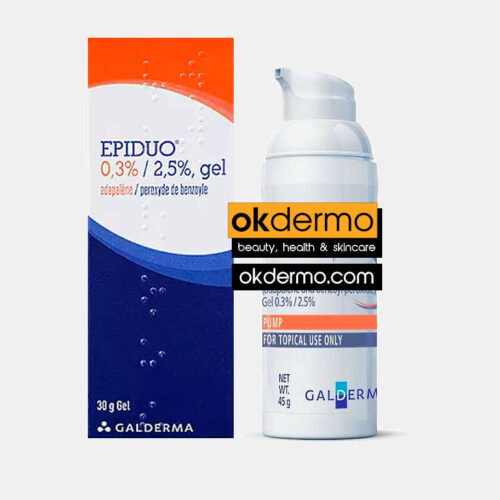
Epiduo Forte® Pump Gel
Adapalene 0.3% + Benzoyl Peroxide 2.5%
Size: 30g / 1.06oz
USD $56.00 Add to cart -
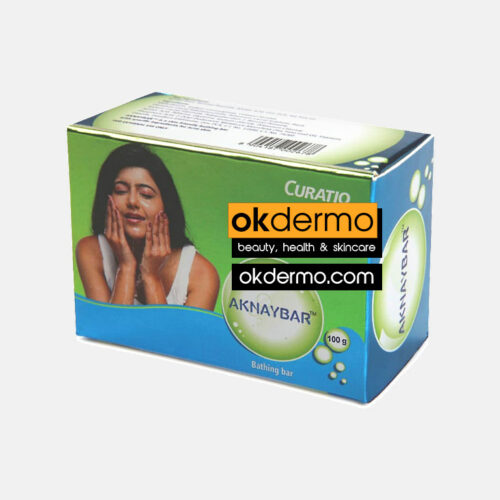
Aknaybar® Soap-Free Cleansing Syndet
Benzoyl Peroxide + Azelaic Acid + Zinc PCA + Tea Tree Oil
Size: 3 Pieces of 100g / 3.5oz each
USD $19.00 Add to cart -
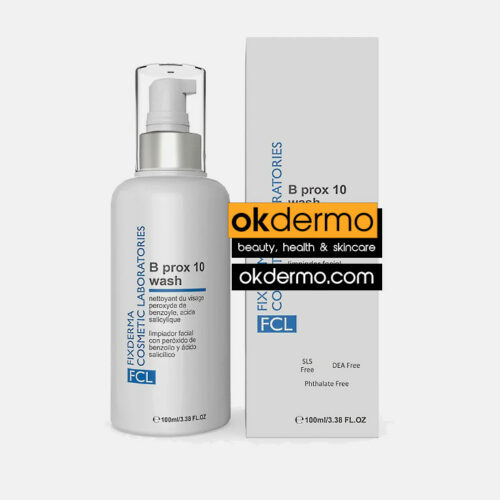
FCL® B-Prox 10 Therapeutic Acne Facial Wash
Benzoyl Peroxide 2% + Salicylic Acid 2% + Zinc Oxide + Ichthyol Pale + Lipacide C8G® + Tea Tree Oil + Clove Oil
Size: 100ml / 3.4fl.oz
USD $43.00 Add to cart -
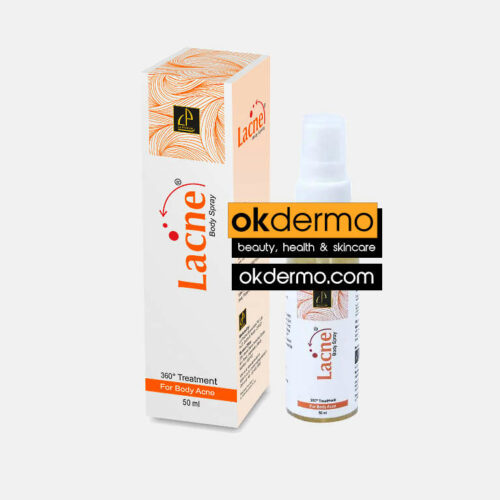
Lacne® 360° Acne Treatment Body Spray
Azelaic Acid + Mandelic Acid + Salicylic Acid + Benzoyl Peroxide + D-Panthenol
Size: 50ml / 1.7fl.oz
USD $24.00 Add to cart
Does Benzoyl Peroxide Fade Dark Spots?
Benzoyl peroxide is renowned for its acne-fighting abilities, but its effect on dark spots, particularly post-acne hyperpigmentation, is less clear. It can potentially reduce the appearance of dark spots by removing dead skin cells.
The treatment of acne scars and dark spots with benzoyl peroxide is a gradual process. Visible improvement, especially for deeper scars, may take 2-3 months.
While it is beneficial for treating acne and may help with mild hyperpigmentation, Benzoyl peroxide dark spot reduction formulations are not specifically available. For more severe scars or quicker results, alternative treatments may be more effective.
Maximizing Benzoyl Peroxide Benefits
To maximize benzoyl peroxide benefits for acne and integrate it effectively into your skincare routine, consider the following tips:
- Application Frequency: Typically, benzoyl peroxide can be used once or twice daily. If you have sensitive skin, start by applying it once daily, preferably before bedtime. Monitor your skin’s response, and if dryness or peeling occurs, reduce the frequency of application to once every two days until your skin adjusts.
- Absorption and Effectiveness: Benzoyl peroxide usually starts to show results within four weeks. However, its effectiveness varies based on the concentration used and individual skin types. It’s crucial to maintain consistent use, as intermittent application can diminish its efficacy. For ongoing acne control, some individuals find using it every other day sufficient to prevent new breakouts.
- Integration with Skincare Products: Benzoyl peroxide can be integrated into your routine, but with caution. It generates free radicals and may reduce skin levels of vitamin E, so pairing it with an antioxidant serum or moisturizer is beneficial. If combined with other active ingredients like retinoids, be aware of the increased potential for skin irritation. Introduce products one at a time to monitor skin reactions and adjust usage accordingly. A combination skin regimen can amplify benzoyl peroxide dark spot reduction role.
- Precautions: Avoid excessive sun exposure while using benzoyl peroxide, and use an oil-free sunscreen or moisturizer with at least SPF 30.
Frequently Asked Questions (FAQs) About Benzoyl Peroxide
What does benzoyl peroxide do for acne?
Benzoyl peroxide treats acne by killing bacteria, reducing inflammation, and unclogging pores through its antibacterial, anti-inflammatory, and comedolytic properties.
Does benzoyl peroxide flatten acne?
While benzoyl peroxide doesn’t directly flatten acne, its anti-inflammatory action can reduce the size and severity of pimples, leading to a less prominent appearance.
Can benzoyl peroxide remove acne scars?
Benzoyl peroxide primarily targets active acne and is not specifically formulated to remove acne scars. For scar treatment, other specialized options like retinoids or laser therapy may be more effective.
What is better for acne, benzoyl peroxide or salicylic acid?
The choice between benzoyl peroxide and salicylic acid depends on your specific skin concerns. Benzoyl peroxide is effective against acne-causing bacteria and is suitable for inflammatory acne. Salicylic acid excels in unclogging pores and is ideal for non-inflammatory acne like blackheads and whiteheads. It’s recommended to consult with a dermatologist to determine which is more suitable for your individual skin type and acne condition.
References
- https://www.sciencedirect.com/science/article/abs/pii/S0733863508000673
- https://www.ncbi.nlm.nih.gov/books/NBK537220/
- https://journals.lww.com/tnpj/FullText/2013/10000/Acne_vulgaris__A_review_of_causes_and_treatment.6.aspx
- https://onlinelibrary.wiley.com/doi/full/10.1111/j.1600-0846.2011.00542.x
- https://www.sciencedirect.com/science/article/abs/pii/S0190962283702094\
- https://www.tandfonline.com/doi/abs/10.1517/14656560903277228
- https://www.jaad.org/article/S0190-9622(15)02614-6/fulltext
Post by:
Marcella Jiovanni
Skin Care Professional
“Marcella Jiovanni actively promotes the importance of maintaining healthy skin, she envisions the future of dermatology as moving away from pure medical, pharmacological dermatology and flowing more toward a holistic approach to wellness and skincare.”

